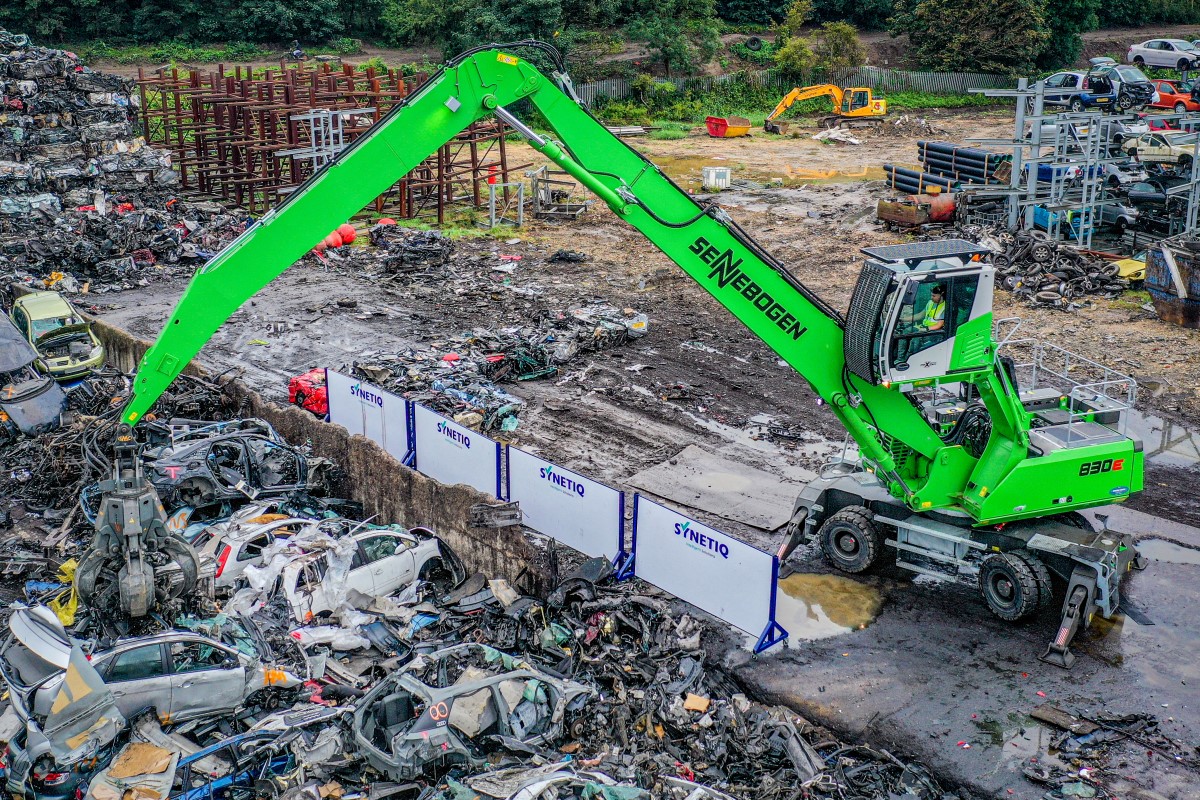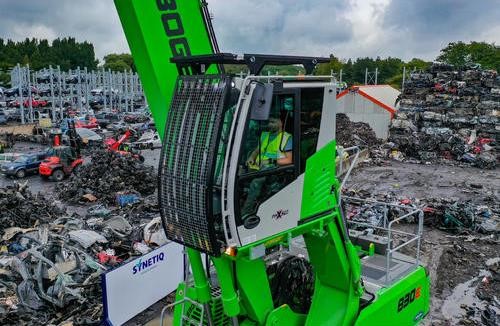

The leading car salvage, dismantling and recycling company of Britain, SYNETIQ, has manifested it is an astute operator when it comes to recycling aluminium from its vehicles.

Generally, SYNETIQ extracts more than 5200 tonnes of aluminium during the vehicle recycling process each year, which can produce around 346 million aluminium beverage cans. However, rather than fortifying the beverage business, SYNETIQ redistributes the aluminium back into the supply chain as part of its integrated, circular recycling model.
This whole system is a part of SYNETIQ’s initiative called ‘Our Road to Tomorrow’, of which the key aim is to be the most trusted and sustainable business in its sector.
It is all part of SYNETIQ’s initiative called ‘Our Road to Tomorrow’, of which the key aim is to be the most trusted and sustainable business in its sector.

The initiative incorporates a study into the true CO2 footprint of SYNETIQ’s operations and the CO2 savings that can be achieved by using green parts in automotive repairs while highlighting the environmental benefits of integrated salvage and recycling.
The usage of aluminium is very much popular in modern vehicles, counting the body panels, wiring, wheels, engine and transmission, and must be cautiously separated during the recycling process.
Ray Curry, Operations Director at SYNETIQ, said: “We’ve invested in equipment and procedures to help us extract the maximum amount of reusable material from the vehicles we handle. Aluminium recovery is a key element of this process, as the material is 100% recyclable. That means we create new CO2 savings every time we recycle it.”
According to a 2020 report by the European Recycling Industries’ Confederation: “Using recycled Aluminium reduces CO2 emissions by 92%, compared to raw material use, and saves 95% of the energy needed for primary production.”
An incredibly versatile material, aluminium with strong and lightweight characteristics make it exquisite for a range of reuses, from manufacturing beverage cans to cooking foil to aerospace to alloy wheel manufacturing.
The vehicle dismantling company processes more than 70,000 vehicles each year, utilizing the waste theocracy of reducing, reuse, remanufacture and recycle to maximise the sustainability of operations. The vehicles that are unsafe for repair, and don’t consist of reusable parts, are segregated down into raw materials for recycling.
Ray added; “For us, recycling is always the last remaining option. Avoiding waste is our priority, so if a vehicle or part can be reused for its intended purpose in its current form, that’s the route, we’ll choose.”
The recycled business has succoured clients avoid 5.5 million kilograms of CO2 through the supply of green parts alone over the last two years, which is equivalent to CO2 of powering 662 homes for one year.
Responses








